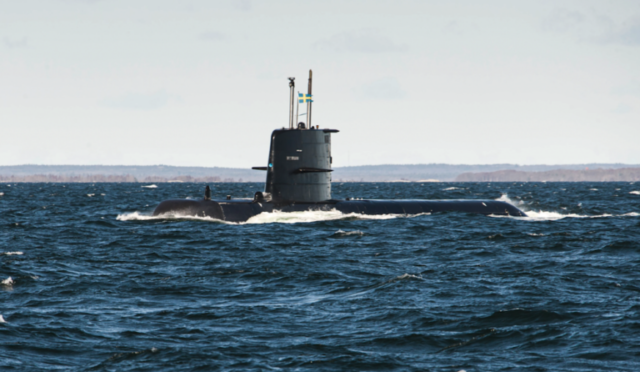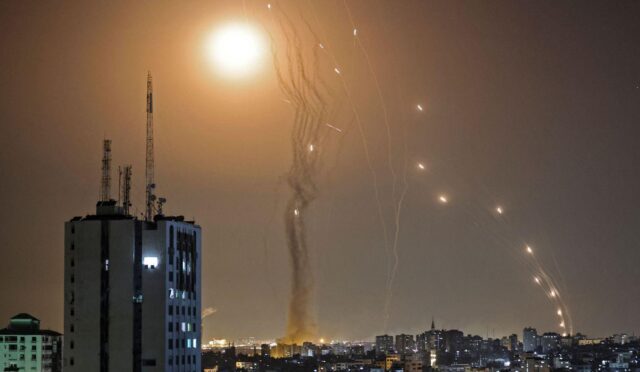Israeli Military Strikes in Syria
On Tuesday, the Israeli Defense Forces (IDF) confirmed that they had launched airstrikes against two military bases in central Syria. This action came just a day after the European Union’s foreign policy chief expressed concerns about potential escalation due to such military operations in Syria and Lebanon. The IDF stated that they targeted specific military capabilities at the Tadmur and T4 military installations, located in Palmyra and approximately 50 kilometers west of the city. Israel emphasized its commitment to neutralizing any threats to its citizens.
Earlier, on Friday, Israel had already attacked these same military sites, following reports from war monitors about aerial assaults on the region. Tensions have continued to escalate as Israel asserts its right to operate whenever deemed necessary to protect the State of Israel from perceived threats in neighboring Syria.
European Union’s Concerns
During a recent visit to Jerusalem, EU foreign policy chief Kaja Kallas raised alarms regarding the potential for increased conflict due to Israeli airstrikes on Syrian and Lebanese territories. In a press conference with Israeli Foreign Minister Gideon Saar, Kallas stressed the importance of proportionate military actions, warning that the ongoing strikes risk exacerbating an already tense situation. She pointed out that such actions seem unnecessary since Syria is currently not instigating any attacks against Israel.
Kallas further explained that the situation is contributing to rising radicalization against Israel, urging for a more measured approach to military engagement by Israel in these territories. Her comments reflect the EU’s ongoing concern about the stability in the region and the possible repercussions of continuous military operations.
Israel’s History of Strikes
Israel’s military operations in the area have been extensive, with hundreds of airstrikes conducted since the onset of civil conflict in Syria, which witnessed the overthrow of President Bashar al-Assad by Islamist-led forces in December. The Israeli government maintains that its military interventions aim to thwart the transfer of weapons to groups they categorize as jihadists, thereby attempting to safeguard both its territory and interests.
Despite a ceasefire agreement, Israel continues its strikes in Lebanon, where accusations of violations have been exchanged between both nations. Recently, Israel launched airstrikes in southern Lebanon, resulting in the deaths of eight individuals, a response to rocket fire that struck Israeli territory, marking the first breach since the ceasefire was established on November 27. However, no group has claimed responsibility for the rocket attack.
Military Tensions on the Golan Heights
In addition to its operations in Syria, the Israeli military has increased its presence in the UN-patrolled buffer zone along the Golan Heights. Prime Minister Benjamin Netanyahu has called for the demilitarization of southern Syria, heightening security measures and reinforcing Israel’s stance on its borders.
The foreign ministry of Syria has condemned Israel’s military actions, characterizing them as a direct assault on the nation’s stability and sovereignty. As tensions mount, the Israeli military’s activities underscore the complicated dynamics of regional security that are becoming increasingly difficult to navigate.
International Diplomacy and Future Outlook
When asked about Israel’s stance toward the new leadership in Syria, Kallas expressed cautious skepticism. She highlighted that while the new leaders might articulate the right sentiments, the essential question remains whether they will take appropriate actions to foster peace. This sentiment reflects the EU’s broader consensus regarding the need for stability in Syria.
Kallas noted that discussions among EU member states have underscored a collective need for a stable Syria as it remains crucial for long-term regional stability. As military operations continue, the potential for renewed dialogue and resolution will be pivotal in shaping the future of Israeli-Syrian relations.







